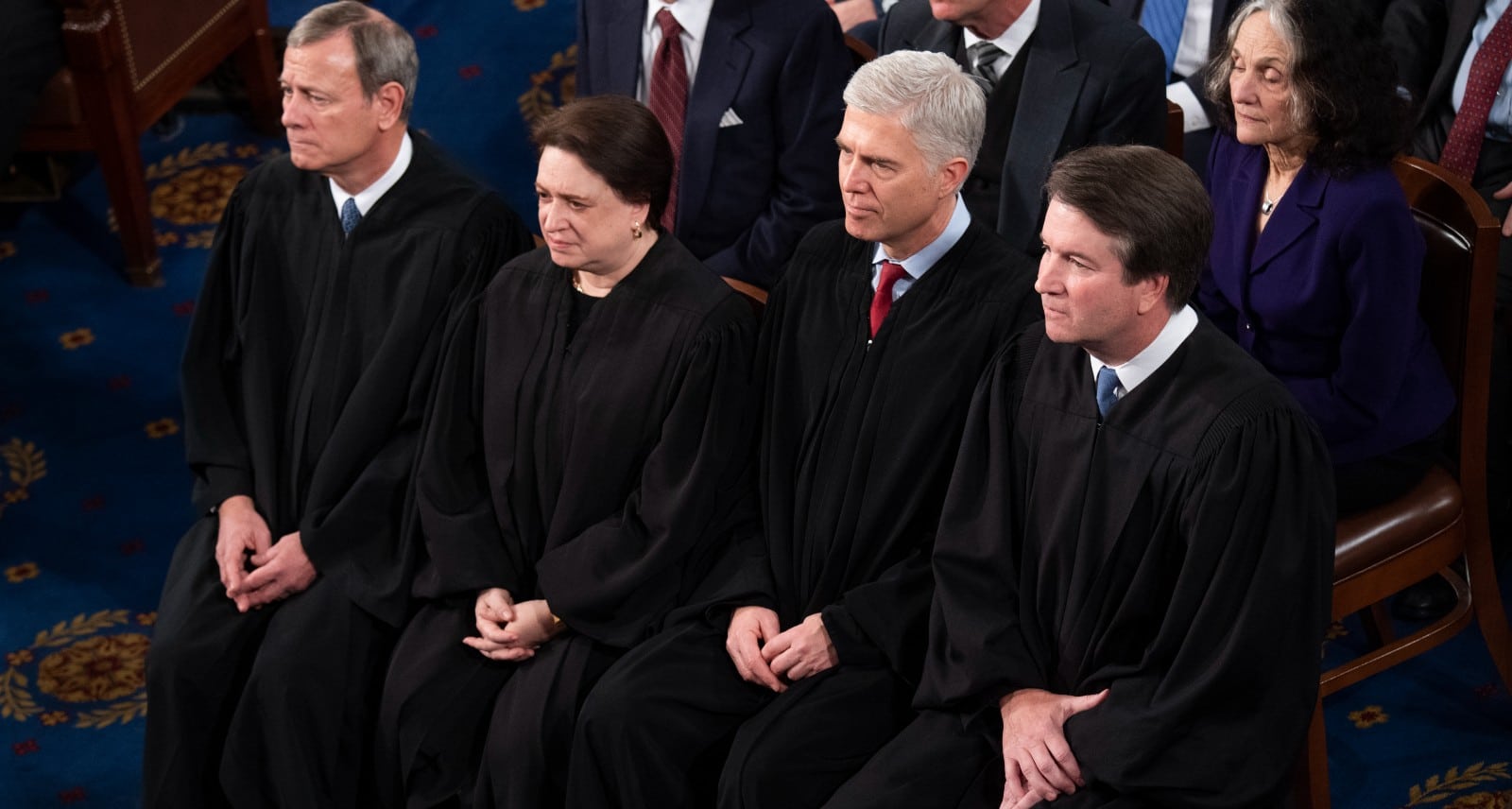OPINION: This article may contain commentary which reflects the author's opinion.
The U.S. Supreme Court has ruled in favor of a delivery truck driver’s attempt to expand the list of interstate commerce employees who are exempt from mandatory arbitration of legal disputes, beyond those who work for transportation companies.
In a unanimous 9-0 decision, the justices overturned a lower court’s ruling that dismissed Neal Bissonette’s proposed class action lawsuit.
Bissonette is employed as a delivery driver for LePage Bakeries on Park Street, a division of Flowers Foods, the manufacturer of Wonder Bread. Bissonette claims that Flowers Foods treats its drivers more like independent contractors than employees, depriving them of their rightful wages.
“Many companies require workers to sign arbitration agreements and claim individual arbitration is quicker and more efficient than resolving disputes in court. Critics of the practice have said it prevents companies from being held accountable for legal violations that affect large numbers of workers,” Reuters reported.
Exemptions from this rule apply to employment contracts “of seamen, railroad employees, and any other class of workers engaged in foreign or interstate commerce.” The Federal Arbitration Act (FAA), which dates back to 1925, mandates that arbitration agreements be enforced based on their terms.
“The Supreme Court, in a 2001 ruling, said the exemption applied only to transportation workers. Since then, appeals courts have split over whether that means any worker who transports goods or only those employed by companies that provide transportation services,” the outlet added.
In 2022, the 2nd U.S. Circuit Court of Appeals in New York ruled that LePage’s exemption from transportation services did not apply to his case. This was because his clients were purchasing bread, not transportation.
Bissonette accused LePage of misclassifying drivers as independent contractors, which allowed him to deny them minimum wage, overtime compensation, and other legal protections while they delivered baked goods to retailers.
Last week, the U.S. Supreme Court made a ruling that affected thousands of federal prisoners seeking shorter sentences. The case involved Mark Pulsifer, a convicted drug dealer who admitted guilt to distributing methamphetamines in 2020.
The question at hand was whether Pulsifer should face a mandatory 15-year sentence or be eligible for a “safety valve” provision. This provision outlines the conditions under which a lesser sentence could be applied to nonviolent, low-level drug offenders.
In a 6-3 ideological split, the court concluded that Pulsifer did not meet the requirements for the “safety valve” provision, as outlined in a ruling by liberal Justice Elena Kagan. Five of the court’s six conservative justices supported her in the majority.
The court determined that Pulsifer must satisfy all of the criteria in order to receive a sentence below the mandatory minimum. His contention that meeting some criteria would suffice for relief was dismissed, as the court interpreted the term “and” to mean that all stipulations must be met.
Congress “did not extend safety-valve relief to all defendants, but only to some,” Kagan wrote. The two remaining liberal justices, Sonia Sotomayor and Ketanji Brown Jackson, joined conservative Justice Neil Gorsuch in dissent.
Gorsuch claimed that the high court substantially limited the objective of the First Step Act.
“Adopting the government’s preferred interpretation guarantees that thousands more people in the federal justice system will be denied a chance — just a chance — at an individualized sentence. For them, the First Step Act offers no hope.”
